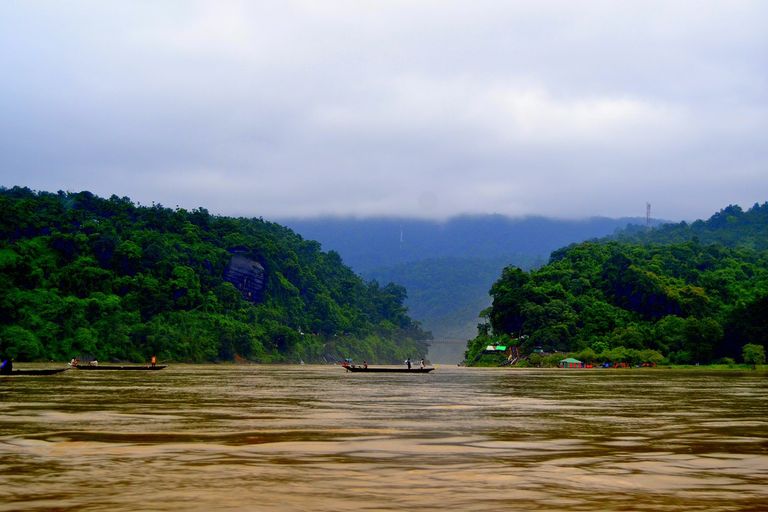

Nature, within the broadest sense, is that the natural, physical, or material world or universe. "Nature" can talk over with the phenomena of the physical world, and also to life normally. The study of nature may be a large, if not the sole, a part of science. Although humans are a part of nature, act is usually understood as a separate category from other natural phenomena.
The word nature comes from the Latin word natura, or "essential qualities, innate disposition", and in earlier period, literally meant "birth". In ancient philosophy, Natura is generally used because the Latin translation of the Greek word physis (φύσις), which originally associated with the intrinsic characteristics that plants, animals, and other features of the planet develop of their own accord. The concept of nature as an entire, the physical universe, is one among several expansions of the initial notion; it began with certain core applications of the word φύσις by pre-Socratic philosophers (though this word had a dynamic dimension then, especially for Heraclitus), and has steadily gained currency ever since. During the appearance of contemporary methodology within the last several centuries, nature became the passive reality, organized and moved by divine laws. With the commercial revolution, nature increasingly became seen because the a part of reality deprived from intentional intervention : it had been hence considered as sacred by some traditions (Rousseau, American transcendentalism) or a mere decorum for divine providence or human history (Hegel, Marx). However, a vitalist vision of nature, closer to the presocratic one, got reborn at the identical time, especially after Charles Darwin.
Within the assorted uses of the word today, "nature" often refers to geology and wildlife. Nature can visit the final realm of living plants and animals, and in some cases to the processes related to inanimate objects—the way that exact varieties of things exist and alter of their own accord, like the weather and geology of the planet. it's often taken to mean the "natural environment" or wilderness—wild animals, rocks, forest, and normally those things that haven't been substantially altered by human intervention, or which persist despite human intervention. as an example, manufactured objects and human interaction generally aren't considered a part of nature, unless qualified as, for instance, "human nature" or "the whole of nature". This more traditional concept of natural things that may still be found today implies a distinction between the natural and also the artificial, with the substitute being understood as that which has been brought into being by an individual's consciousness or an individual's mind. reckoning on the actual context, the term "natural" may additionally be distinguished from the unnatural or the supernatural.